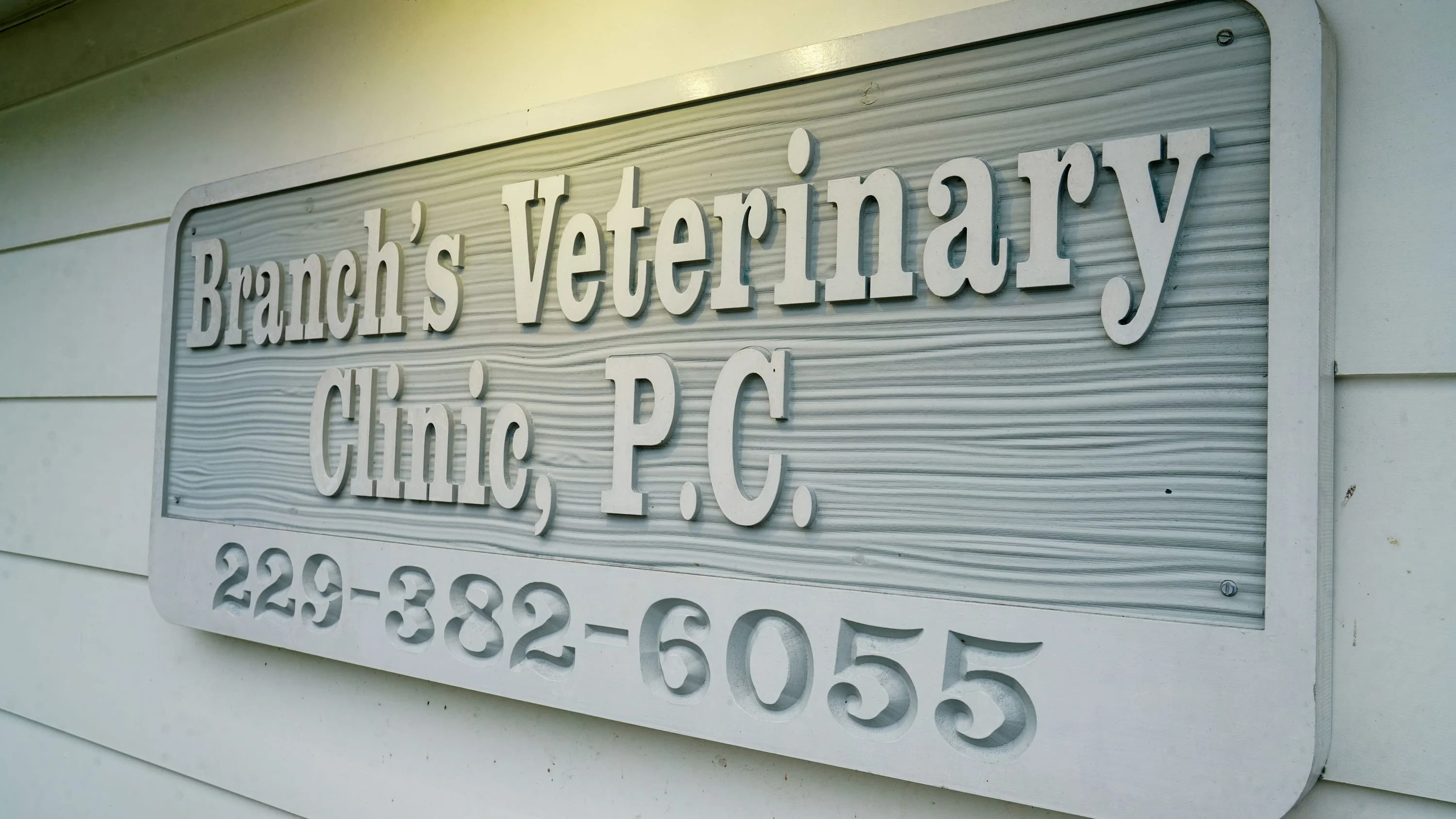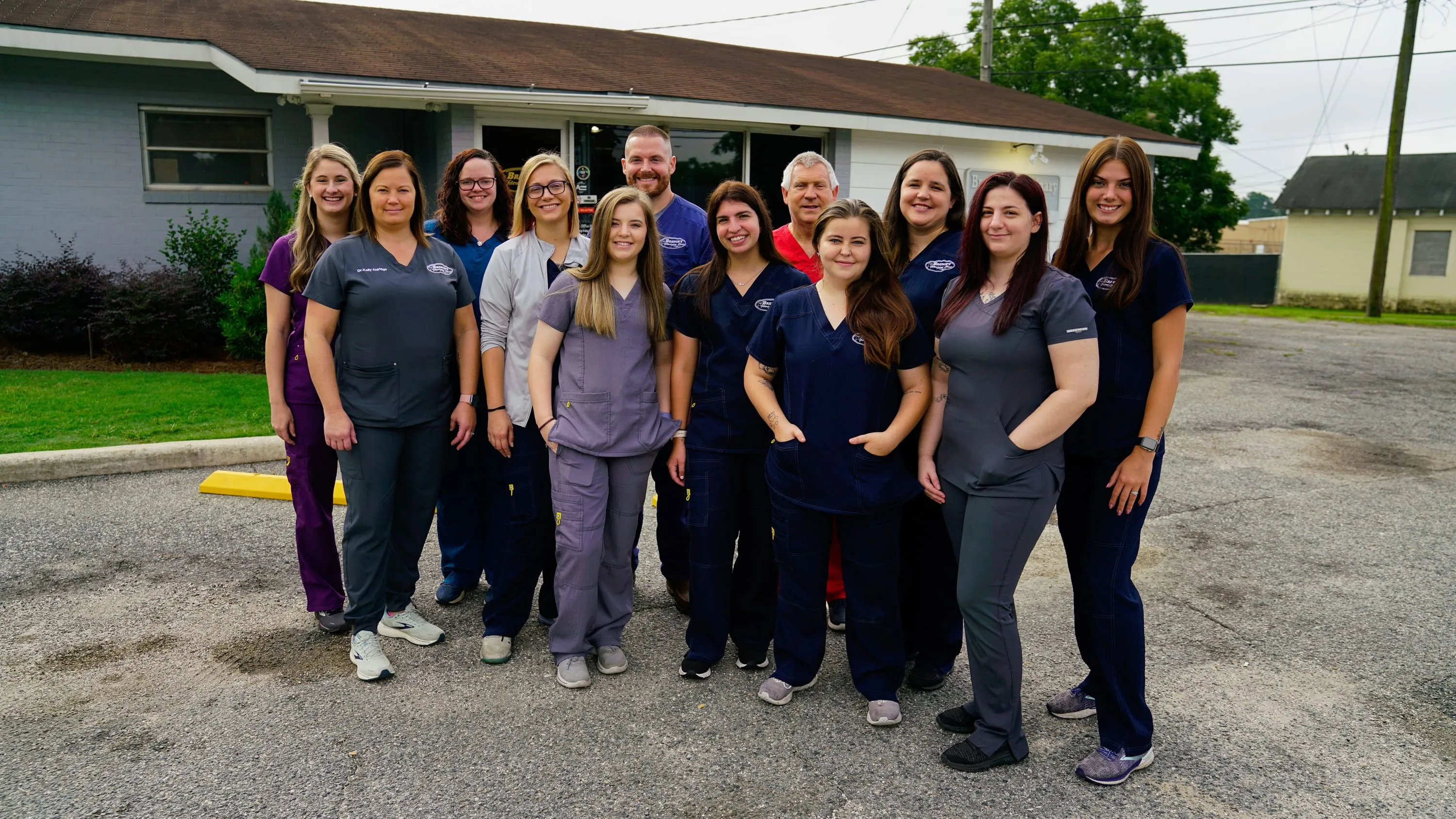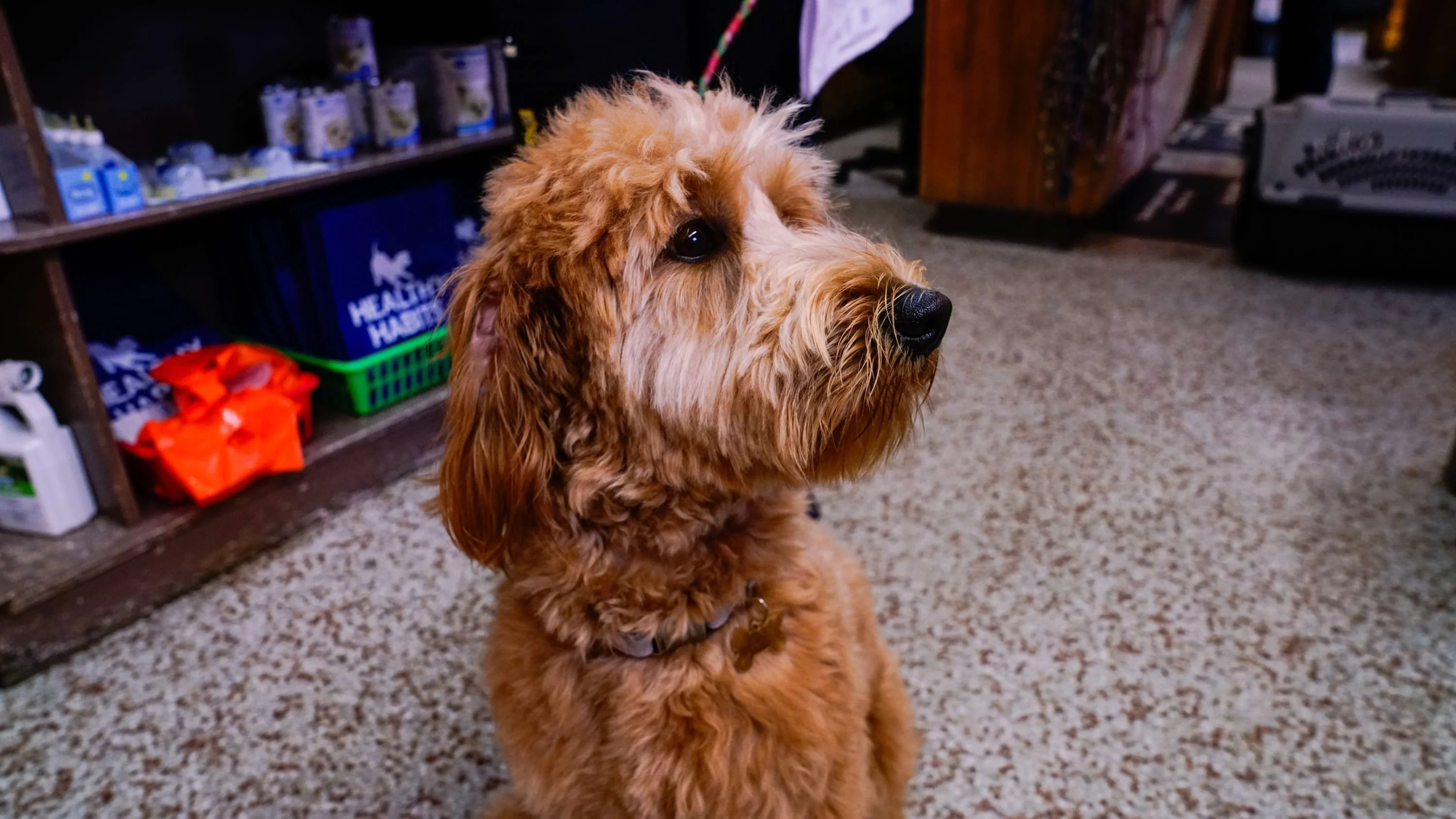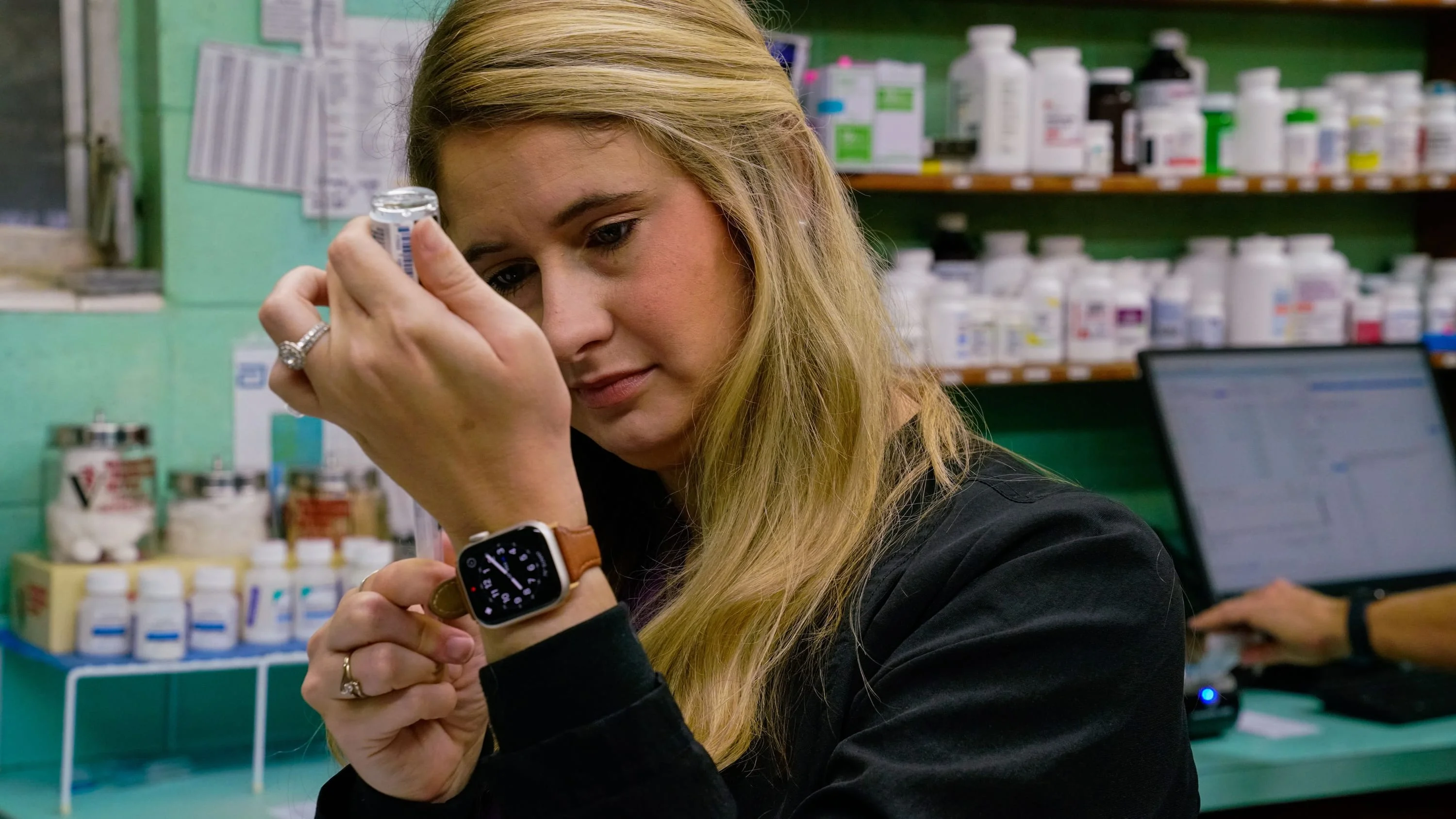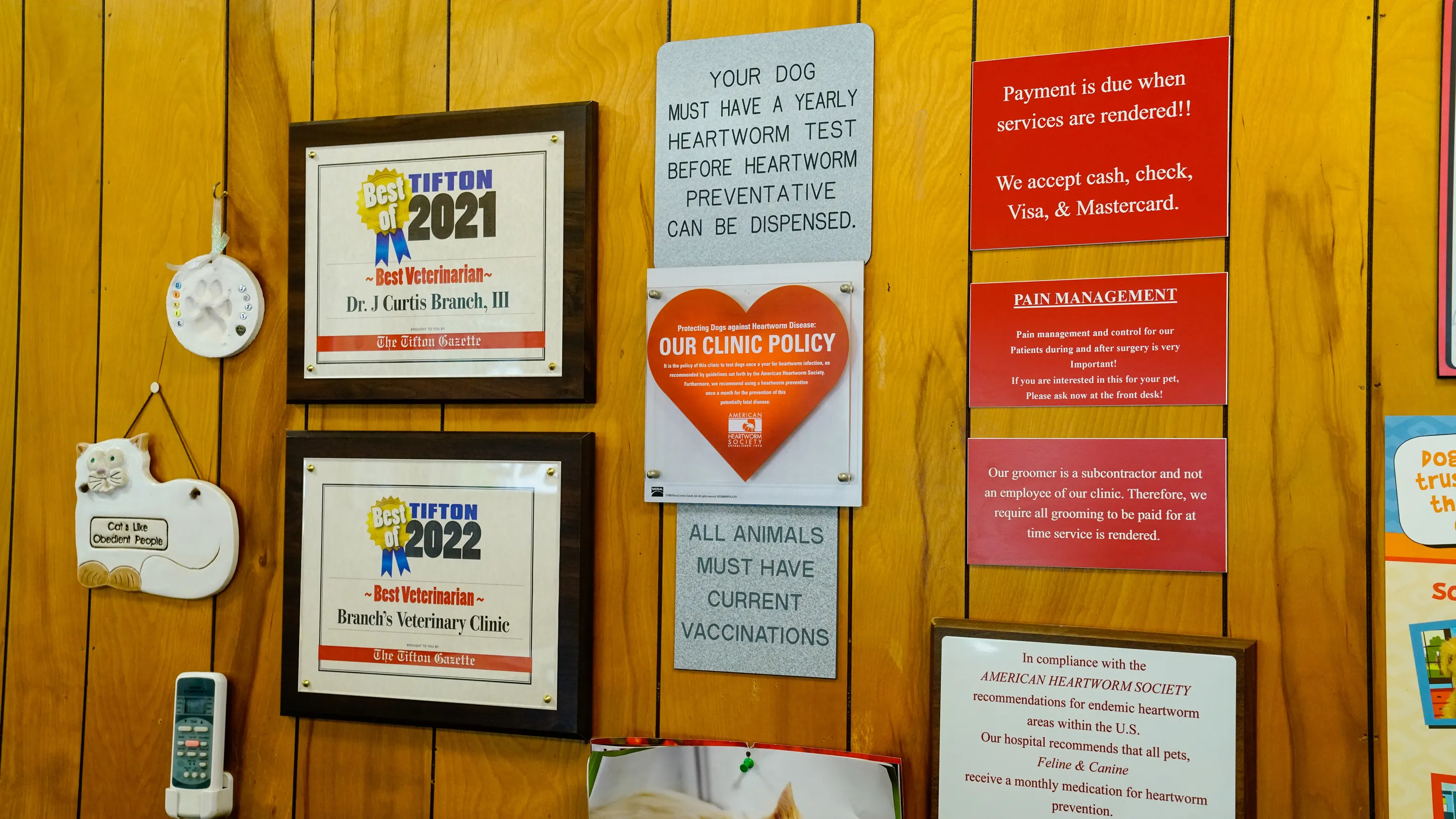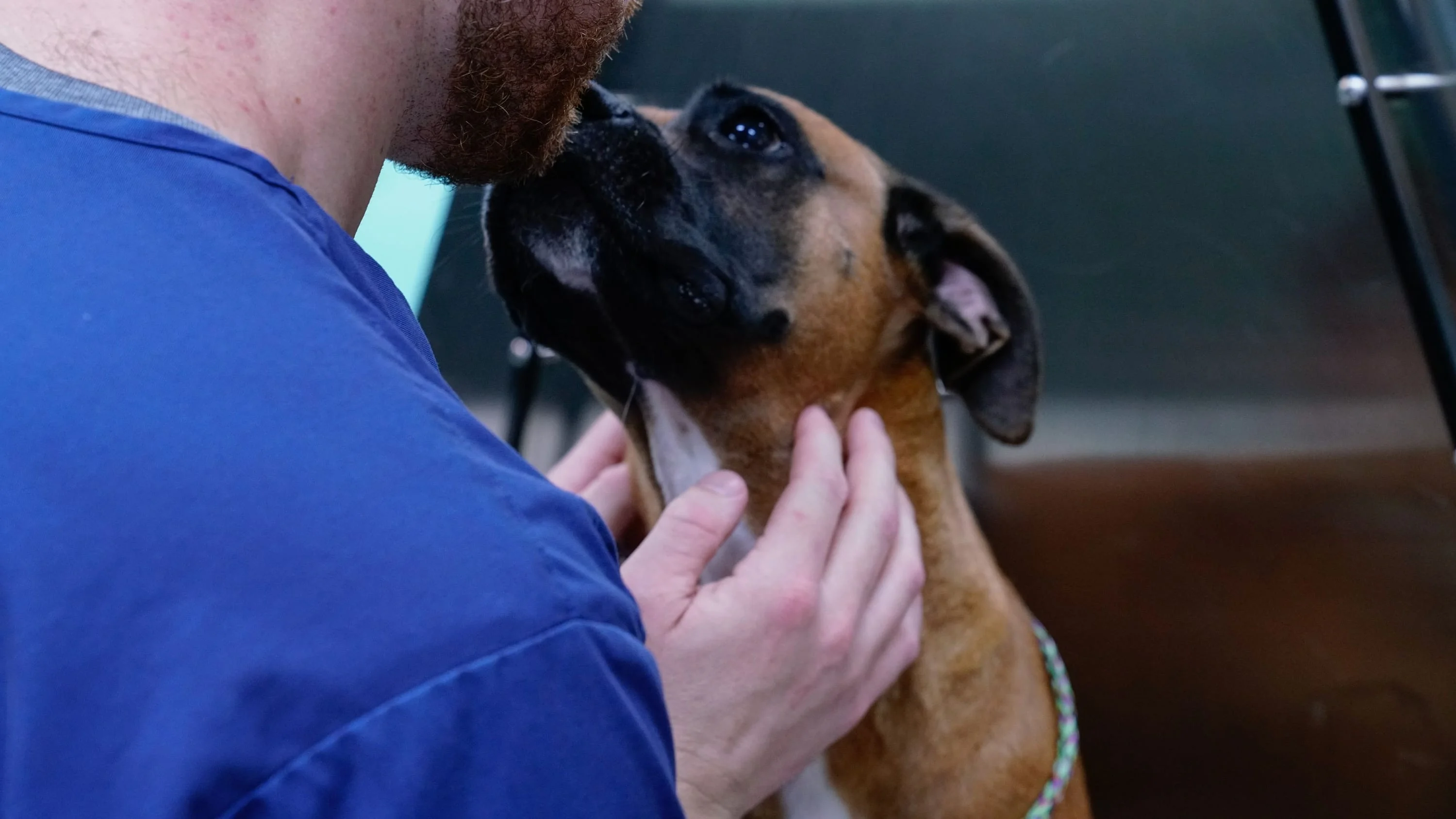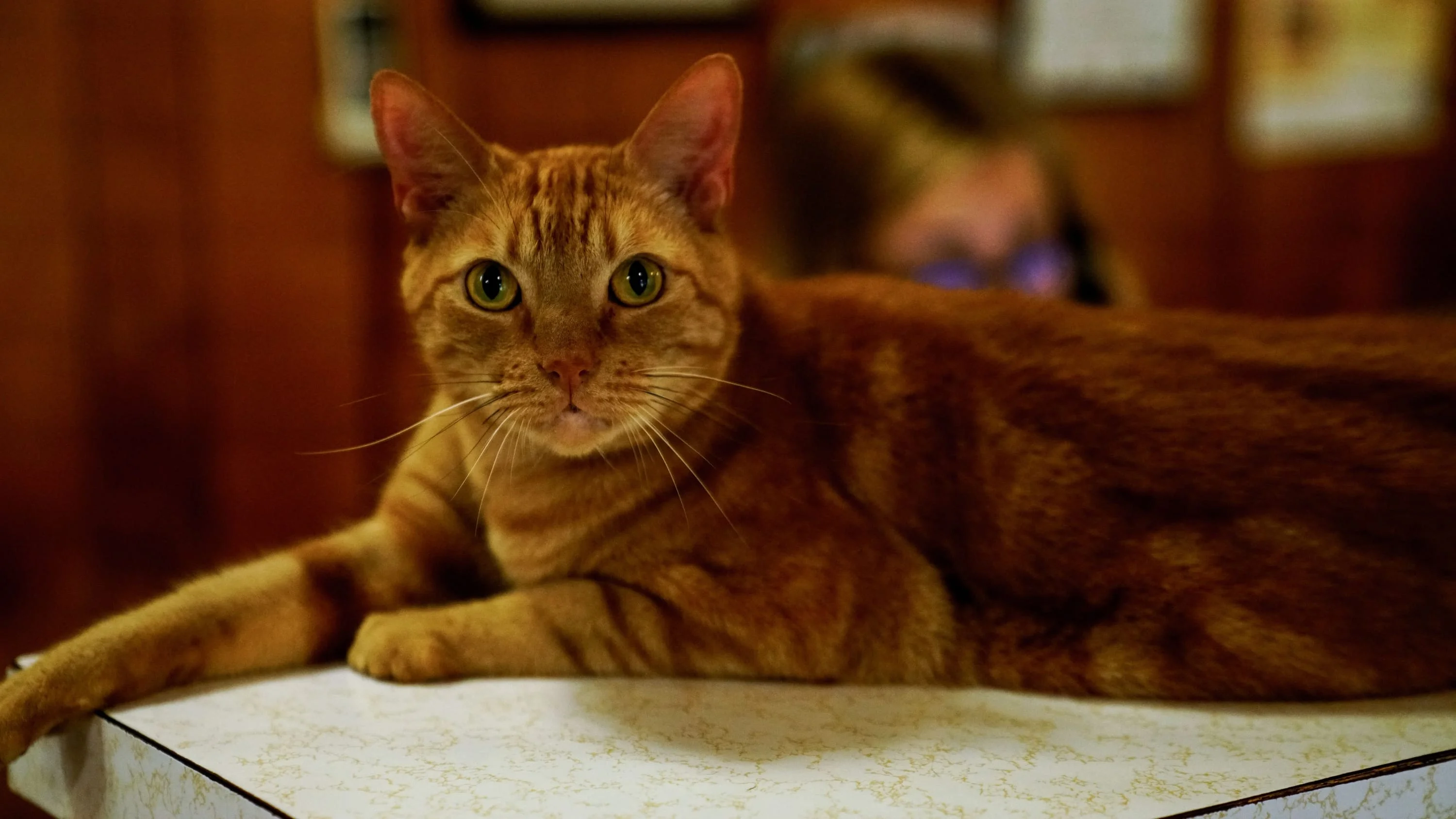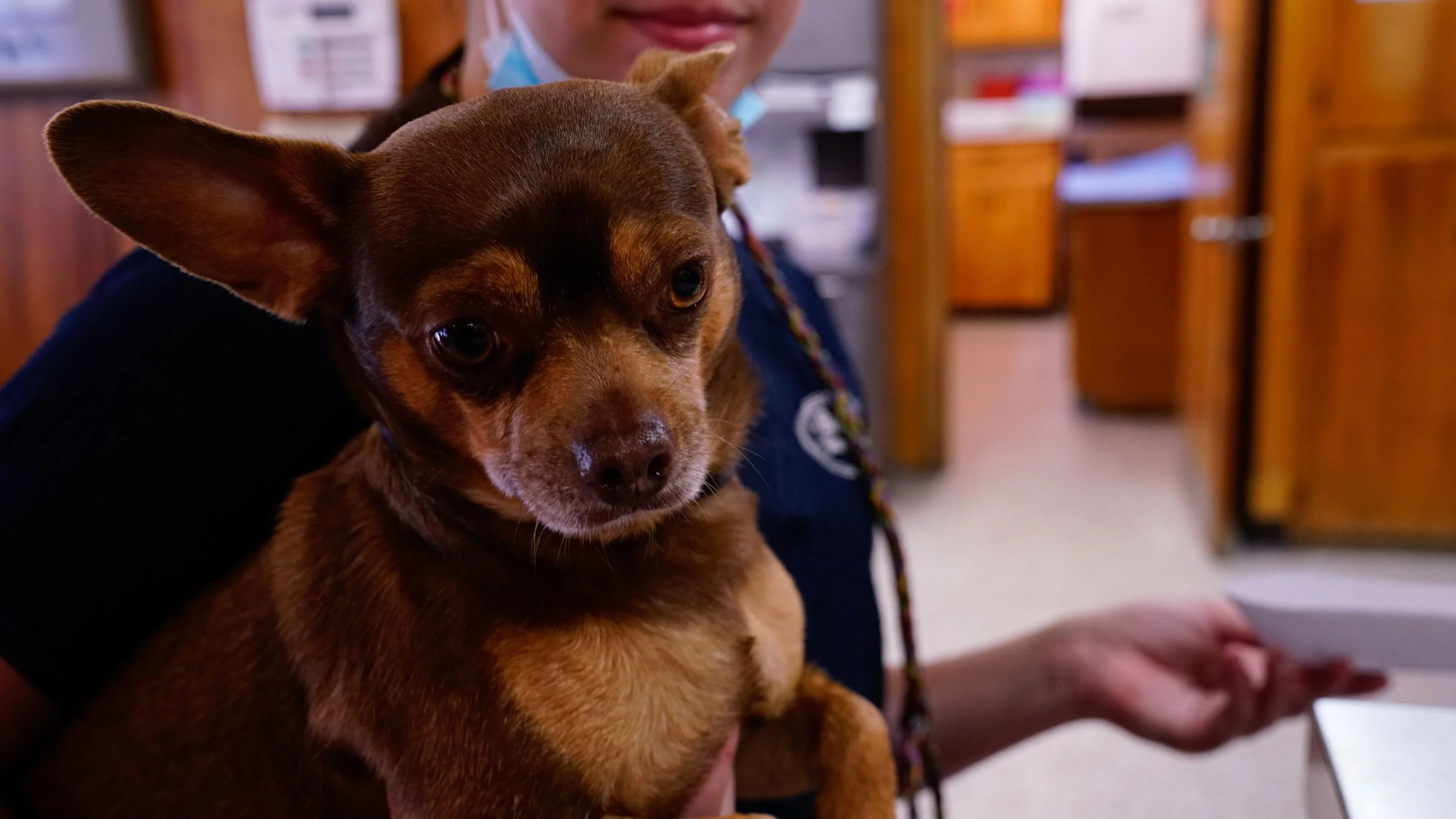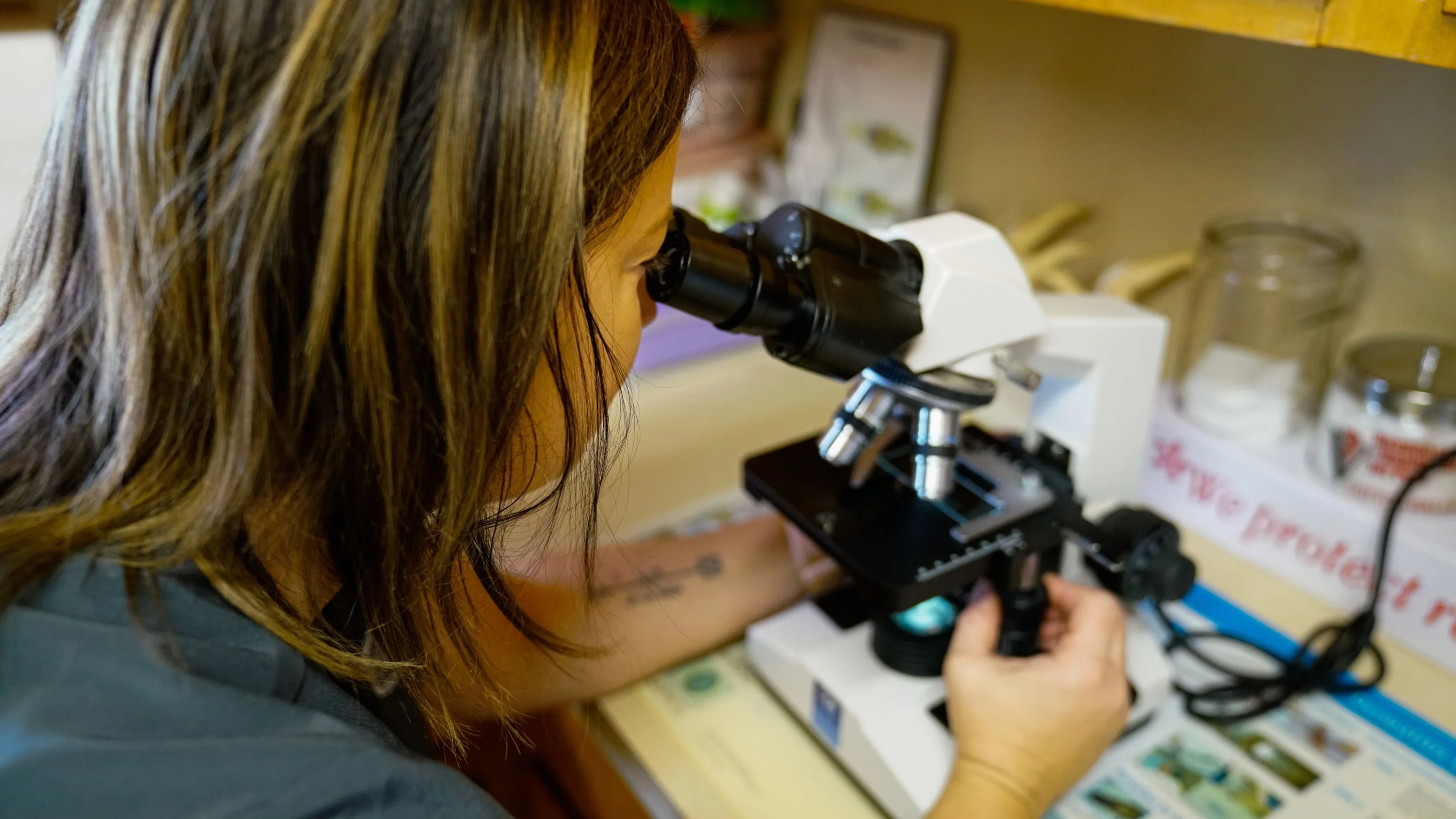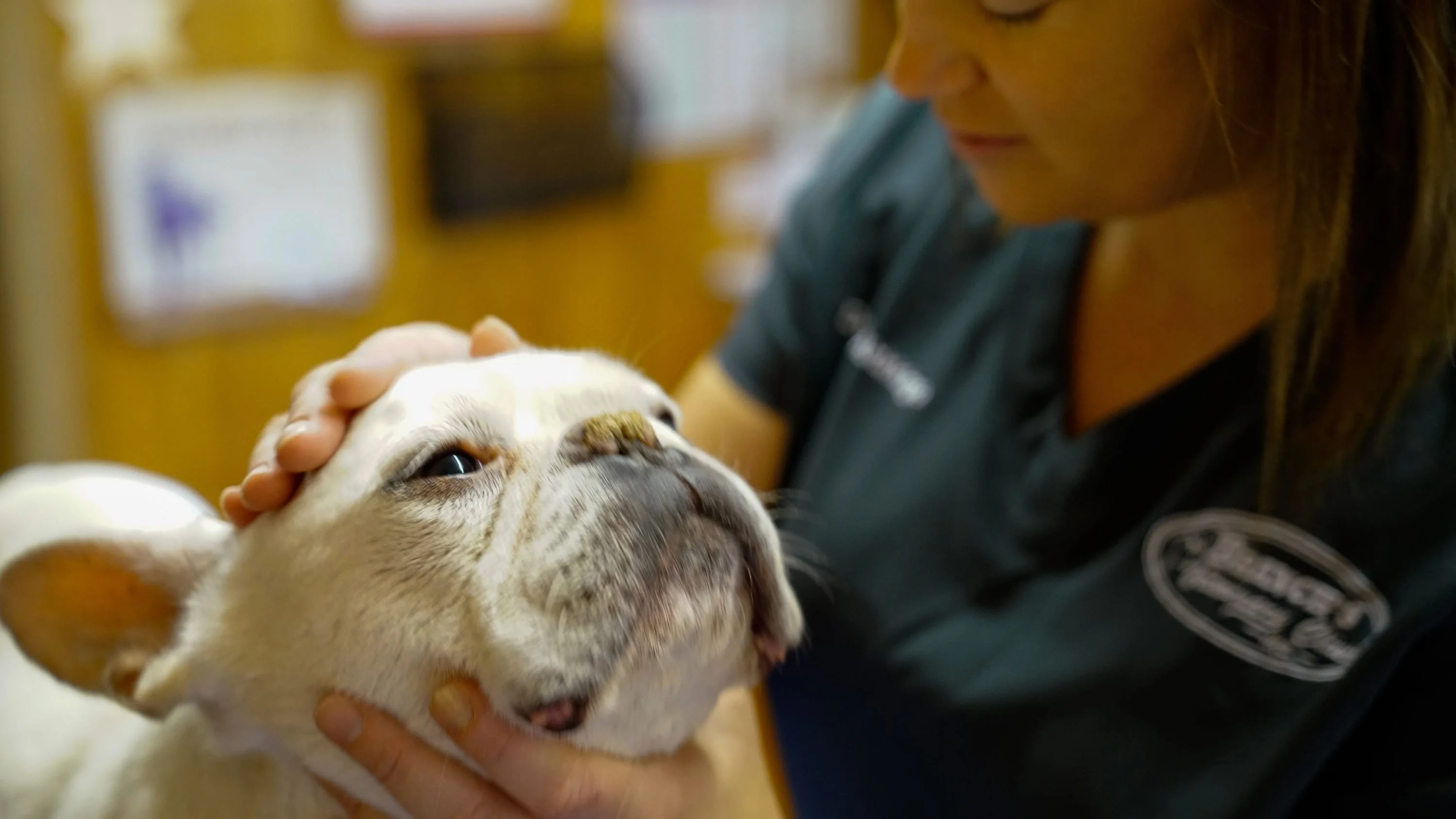Vaccinations offer protection against infectious diseases that can significantly impact your pet’s health and well-being. Vaccines bolster your pet's immune system to keep it healthier in the future. At Branch’s Veterinary Clinic, we offer dog vaccinations and cat vaccinations to pet owners in Tifton, GA, and nearby communities. Learning more about pet vaccinations and what they can do for your pet allows you to understand why they are vital in maintaining pet health and wellness.
Importance of Vaccinating Pets
Vaccines are vital for preventative care and help keep your pet healthy long-term. You never know when your pet will face exposure to a contagious disease. Unvaccinated pets are at greater risk of getting sick and even dying prematurely from deadly diseases. Furthermore, many pet diseases can get passed on to people and other pets. Vaccines not only keep your pet healthy, but they also protect you and other animals in your neighborhood from getting sick. Vaccinating your pet at our veterinarian clinic can curtail the spread of life-threatening diseases.
How Do Vaccines Work?
Those antibodies then live in their bloodstream from then on, so should they encounter that pathogen in real life, full-strength, they will already have the tools to fight it.
Will My Pet Be 100% Immune?
This is a tricky question. Some animals who receive vaccines do develop total immunity. Others only develop partial immunity. Still others, if they don’t receive booster shots regularly, may lose part or all of their previous immunity.
That’s why the concept of “herd immunity” is so important. When the entire population susceptible to a particular disease is vaccinated, the disease can’t find a foothold. Therefore, even if an animal didn’t have 100 percent immunity, it wouldn’t matter, because other animals couldn’t get infected and pass it on.
However, today’s reports show that not nearly enough animals are getting vaccinated. Let’s all work to change that.
Which Vaccines Does My Pet Need?
Your pet needs “core” vaccines and may need “non-core” vaccines. Core vaccines for dogs include canine parvovirus, canine distemper, infectious canine hepatitis and rabies. Core inoculations for cats include feline panleukopenia, feline calicivirus, feline rhinotracheitis and rabies.
Depending on your individual dog or cat, your vet may recommend other vaccines as well. For instance, if your cat is at risk of developing feline leukemia, your vet may advise a vaccine to help combat the chance.
Are There Side Effects to Vaccinating?
Usually, no. Vaccines are safe and well-vetted, and we’ve been using the same ones on dogs and cats for years. At most, pets may experience a bit of mild fever or discomfort associated with the low dose of the disease they’ve received. In rare cases, however, you may notice a serious allergic reaction: itching and swelling of the skin and face, vomiting and diarrhea, or difficulty breathing. If you notice any of this, please seek veterinary assistance right away.
Mostly, though, vaccinations are a routine part of any pet’s life, and there’s nothing for you to worry about.
Types of Pet Vaccinations
Vaccinations fall under two categories: core vaccines and non-core vaccines. Core vaccines are essential for all pets because they protect against deadly diseases like rabies and distemper. Some core vaccines are required by law, such as the rabies vaccine. Core dog vaccinations include rabies, distemper, canine parvovirus, and canine hepatitis. Core cat vaccinations include rabies, feline distemper, feline calicivirus, and feline herpesvirus.
While non-core vaccines are optional, they can still be crucial in protecting your pet from specific diseases. Your vet may recommend non-core vaccines if your pet is more likely to face exposure to specific diseases due to location or lifestyle. An example of a non-core vaccine is Bordetella. You should vaccinate your pet against this disease if you board your pet since this disease transmits in a boarding setting. Most boarding facilities require this vaccine before accepting your pet into their facility.
Vaccinations for Kittens and Puppies
Baby pets receive some protection against diseases from their mother’s milk. Your pet will need a series of vaccines to boost their developing immune system after weaning. Your vet can start vaccinating your kitten or puppy at around six weeks old. Your pet will receive booster shots every 2-3 weeks after the initial vaccination until they are 16 weeks of age. Your vet will then create a vaccination schedule for your kitten or puppy that is conducive to its needs.
Bring Your Pet to a Veterinarian Clinic Near You in Tifton, GA, for Pet Vaccinations Today
Vaccinations are vital in maintaining your pet’s long-term health and well-being, so contact Branch’s Veterinary Clinic in Tifton, GA, to give your pet the vaccinations it needs to live a long, healthy life. We can vaccinate your pet during its annual wellness exam, so call us and schedule an appointment today at (229) 382-6055.

